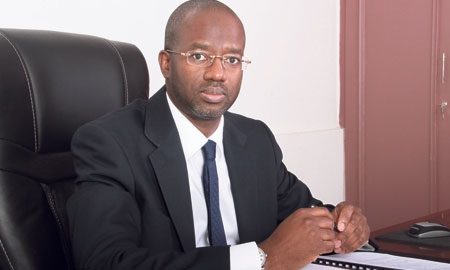Côte d’Ivoire’s GDP is at its highest level for decades, having shot up from a 4.5 per cent contraction in 2011 to 9.8 per cent expansion in 2012. That number is growing and is, in large part, owing to its exploding ICT industry.
There are currently 18 million mobile subscribers in the country of around 22 million people and the need for communication is driving the sector’s expansion. Its regulator, ARTCI (Telecommunications Regulations Authority of Côte d’Ivoire), regulates a sector that is the second largest contributor to the nation’s overall GDP, at 7 per cent.
ICT is well-supported in the country.
ANSUT, the National Agency of Universal Telecommunications Services, was created in 2012 and is the successor of the National Telecommunications Fund FNT. It aims to ensure full coverage of reliable communication services across the country. Its CEO, Euloge Soro-Kipeya, emphasises that ICT is a development tool that should be easily accessible in the nation.
The agency, he explains, “helps private companies make services available either through direct investment or grants to operators” – a keystone of the organisation’s mission.
In a country with no regulation on licences – Côte d’Ivoire currently has seven mobile licences – costs remain low due to such open competition. The challenge now is the quality and accessibility of services, such as widespread broadband internet.
Mr Soro-Kipeya says that, thanks to its growing budget, one of ANSUT’s biggest investments is the optimisation of transmission equipment and infrastructure, hence the agency’s focus on expanding and creating a faster network using optical fibre cables. The addition of devices is also vital, he maintains, pointing out that the government has pledged to add more than 500,000 units, in addition to providing grants.
There are opportunities in developing the country’s ICT service sector, says Mr Soro-Kipeya. An influx of e-solutions – for banking, health, learning and education – which could be supported by existing infrastructure, is now necessary in the exploding market.

0 COMMENTS